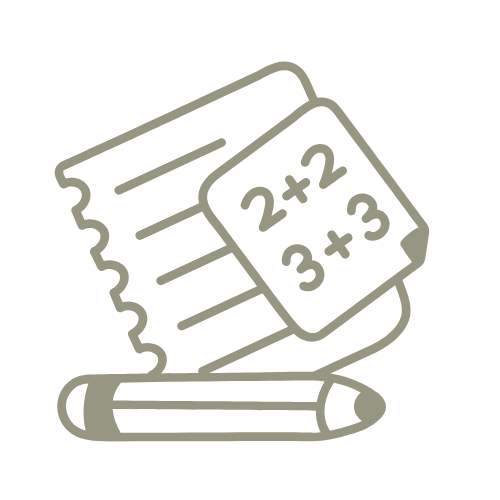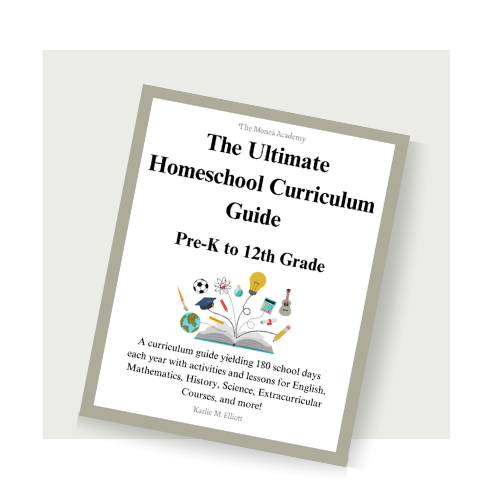Dig Into the Mom Blog
Popular Articles
-

Your Ultimate Guide to Homeschooling On An Intentional Budget
•
As the growing interest in homeschooling continues, so does the number of resources. While shopping for educational aids can be fun, it’s important to manage it cost-effectively. We’re here to help you navigate your homeschooling journey without breaking the bank. This guide offers practical advice on what’s necessary, what’s optional, and what you can…
-

5 Important Tips to Avoid Homeschool Burnout
•
Hey, parents! As a parent of two and a homeschool teacher of three, I know firsthand how easy it is to slip into overwhelm…and eventually burnout. Especially when you’re juggling multiple children at different stages of learning. In 2023, I was homeschooling a first grader and a kindergartner. Fast forward to 2026, I’m homeschooling…
-

Homeschool Laws by State: Your Guide to Important Legal Requirements
•
Homeschooling your child can be a deeply rewarding experience. Still, before you dive into curriculum planning and setting up your homeschool space, it’s crucial to understand the homeschool laws and legal requirements in your state. Each U.S. state has its own laws governing homeschooling, ranging from minimal oversight to more detailed regulations. This guide…







